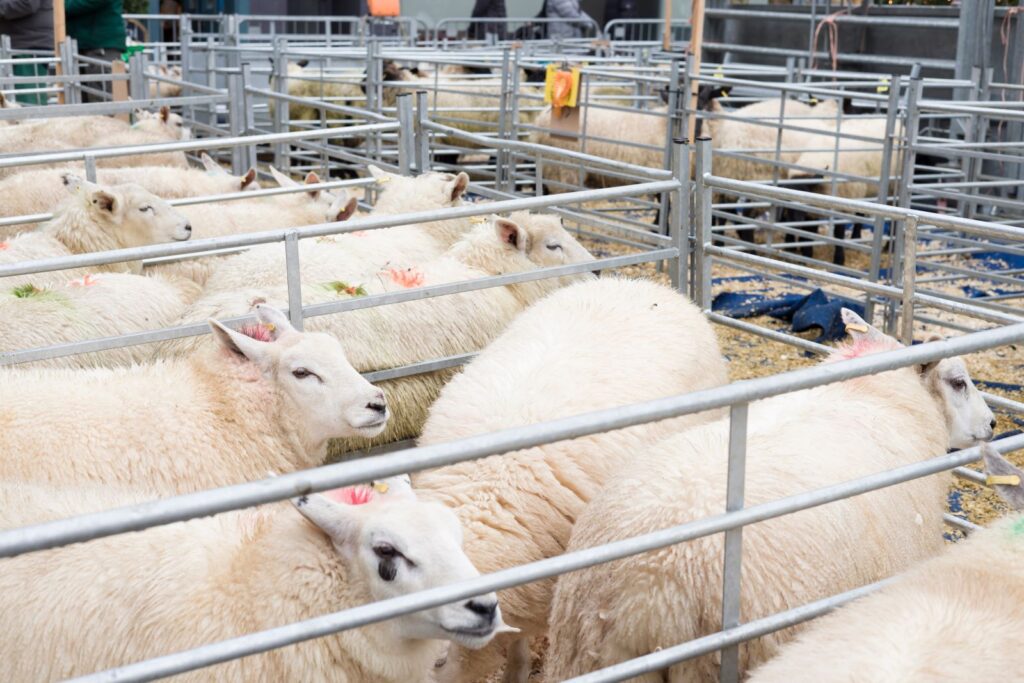Beware of disease risk when buying in replacement stock
29th August 2023
The National Sheep Association (NSA) is urging sheep farmers to consider disease risk when buying in replacement stock and take the necessary precautions to prevent their flock from becoming infected.
Steps to reduce the risks of disease transmission include buying from trusted farms, quarantining incoming animals before mixing with the main flock, and conducting random blood tests while the sheep are in isolation.
“I have lost count of the number of farmers who I have spoken to that have unsuspectedly brought in diseases to their flocks when purchasing replacements,” said NSA chief executive Phil Stocker.
While some risks of bought-in stock such as foot disease and anthelmintic resistance are well known to farmers, others like MV, OPA and Border Disease are still overlooked by many. These so-called ‘iceberg diseases’ along with many others can cause serious and expensive problems to producers.
Mr Stocker said the NSA’s recommendations are more about reducing the risks rather than a guarantee of ‘disease-free’ status.
He added while the industry has not reached a stage where breeders are required to supply information on the health status of their stock, progress will be achieved faster if buyers begin to ask questions and back these up with adequate quarantine procedures.
Further steps suggested by the NSA include buying from the same trusted farms repeatedly, if there is confidence that previous stock has been trouble-free and has held body condition well.
If the seller isn’t part of a health scheme or has not done any screening, then farmers should consider blood testing random animals when the sheep arrive home and are still in isolation. Buying ewe lambs and keeping them in quarantine also gives breathing space to identify any problems before introducing to existing stock.
“Considering the risks and taking a few reasonable steps to protect the home flock, and your investment, is a good place to start, and quarantining and testing both females and males is advisable,” Mr Stocker added.
Farmers wishing to investigate flock health status are advised to speak with their vet and to use diagnostic testing services such as those provided by SRUC, Axiom, or APHA. Schemes such as the Animal Health and Welfare Pathway in England are worth exploring as they offer financial support with vet visits.
The SCOPS guide to effective quarantine and treatment is also available to download and provides advice on the correct precautions to take regarding parasites for incoming stock.


